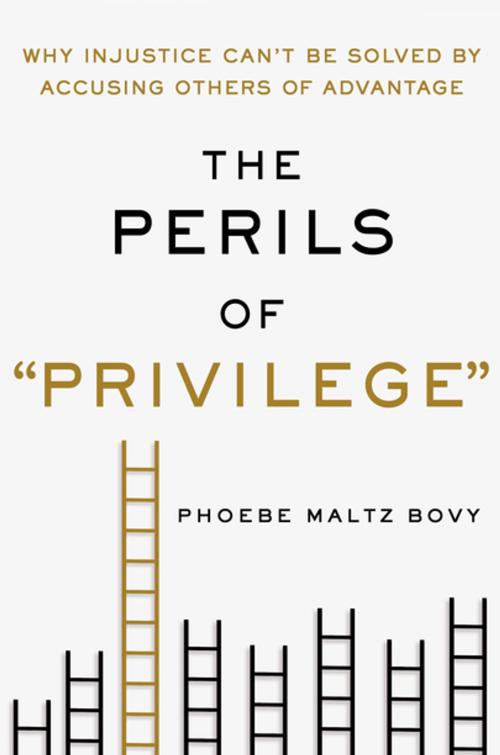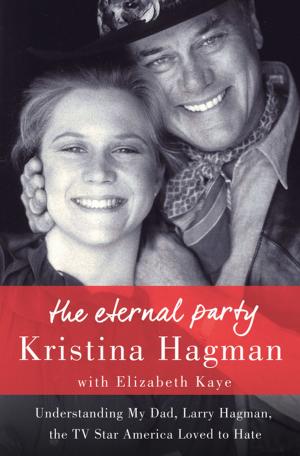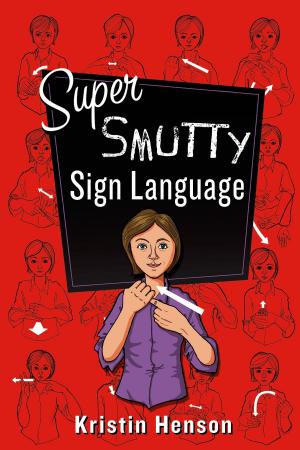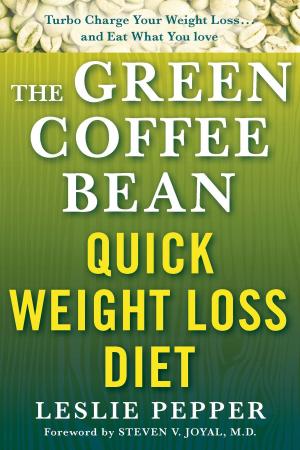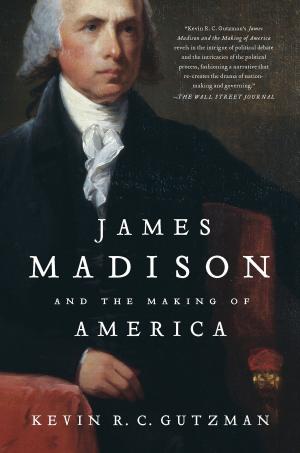The Perils of "Privilege"
Why Injustice Can't Be Solved by Accusing Others of Advantage
Nonfiction, Social & Cultural Studies, Social Science, Sociology| Author: | Phoebe Maltz Bovy | ISBN: | 9781250091222 |
| Publisher: | St. Martin's Press | Publication: | March 14, 2017 |
| Imprint: | St. Martin's Press | Language: | English |
| Author: | Phoebe Maltz Bovy |
| ISBN: | 9781250091222 |
| Publisher: | St. Martin's Press |
| Publication: | March 14, 2017 |
| Imprint: | St. Martin's Press |
| Language: | English |
Top 50 Notable Works of Nonfiction in 2017–The Washington Post
“Privilege”—the word, the idea, the accusation that is nearly impossible to disprove—is the new rhetorical power play. From social media to academia, public speech to casual conversation, the word is utilized to brand people of all kinds with a term once reserved exclusively for those who came from wealth and old money—inherited advantage.
Today “privileged” applies to anyone who enjoys an unearned advantage in life, inherited or not. White privilege, male privilege, straight privilege—those conditions make everyday life easier, less stressful, more lucrative, and generally better for those who hold one, two, or all three designations. But what about white female privilege in the context of feminism? Or fixed gender privilege in the context of transgender? Or weight and height privilege in the context of hiring practices and salary levels? Or food privilege in the context of widening inequality for single-parent families?
In The Perils of “Privilege,” Phoebe Maltz Bovy examines the rise of this word into extraordinary potency. Does calling out privilege help to change or soften it? Or simply reinforce it by dividing people against themselves? And is privilege a concept that, in fact, only privileged people are debating? The Perils of “Privilege” explores how this word is deployed, and offers ways to begin anew so many of the conversations it has silenced.
Top 50 Notable Works of Nonfiction in 2017–The Washington Post
“Privilege”—the word, the idea, the accusation that is nearly impossible to disprove—is the new rhetorical power play. From social media to academia, public speech to casual conversation, the word is utilized to brand people of all kinds with a term once reserved exclusively for those who came from wealth and old money—inherited advantage.
Today “privileged” applies to anyone who enjoys an unearned advantage in life, inherited or not. White privilege, male privilege, straight privilege—those conditions make everyday life easier, less stressful, more lucrative, and generally better for those who hold one, two, or all three designations. But what about white female privilege in the context of feminism? Or fixed gender privilege in the context of transgender? Or weight and height privilege in the context of hiring practices and salary levels? Or food privilege in the context of widening inequality for single-parent families?
In The Perils of “Privilege,” Phoebe Maltz Bovy examines the rise of this word into extraordinary potency. Does calling out privilege help to change or soften it? Or simply reinforce it by dividing people against themselves? And is privilege a concept that, in fact, only privileged people are debating? The Perils of “Privilege” explores how this word is deployed, and offers ways to begin anew so many of the conversations it has silenced.
